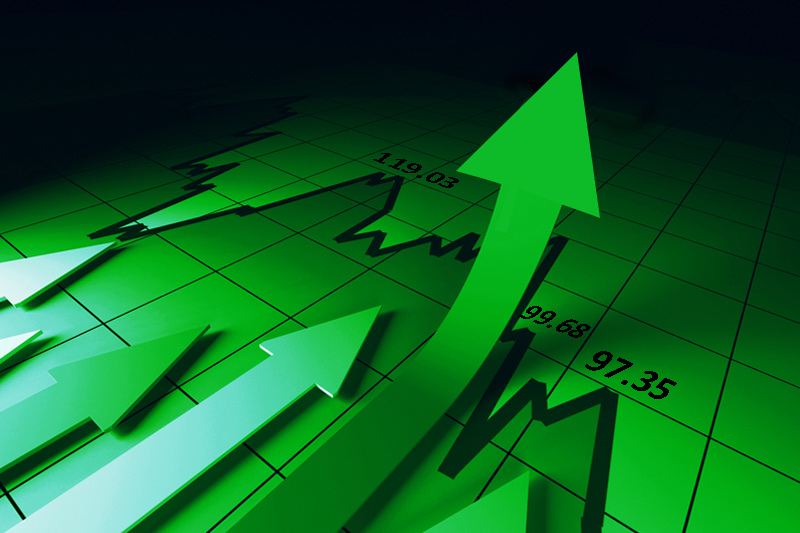Investing.com – The euro surged to a daily high against the broadly weaker yen on Wednesday, recouping the previous day’s losses as risk appetite sharpened, and investors sought currencies promising higher yields.
EUR/JPY hit 122.16 during European afternoon trade, the daily high; the pair subsequently consolidated at 122.03, rallying 0.86%.
The pair was likely to find support at 120.14, Tuesday’s low and one-week low and resistance at 123.31, Monday’s high and an 11-month high.
The yen has weakened broadly in recent weeks amid concerns over the economic impact of the March 11 earthquake and tsunami and subsequent nuclear crisis and amid expectations that the Bank of Japan will lag other central banks in raising interest rates as the economy recovers.
Last week, the European Central Bank increased its benchmark interest rate to 1.25% from a record low 1%, where it had been since 2009, and left the door open for further increases this year.
Earlier Wednesday, the Japanese government cut its assessment of the economy for the first time in six months. “Although the Japanese economy was picking up, it has shown weakness” since the earthquake, the Cabinet Office said.
The euro was also higher against the Swiss franc, with EUR/CHF rising 0.19% to hit 1.3011.
Also Wednesday, official data showed that industrial production in the euro zone rose for the fifth consecutive month in February, climbing 0.4%, double the previous month's downwardly-revised rate but disappointing economists' predictions for a 0.8% gain.
EUR/JPY hit 122.16 during European afternoon trade, the daily high; the pair subsequently consolidated at 122.03, rallying 0.86%.
The pair was likely to find support at 120.14, Tuesday’s low and one-week low and resistance at 123.31, Monday’s high and an 11-month high.
The yen has weakened broadly in recent weeks amid concerns over the economic impact of the March 11 earthquake and tsunami and subsequent nuclear crisis and amid expectations that the Bank of Japan will lag other central banks in raising interest rates as the economy recovers.
Last week, the European Central Bank increased its benchmark interest rate to 1.25% from a record low 1%, where it had been since 2009, and left the door open for further increases this year.
Earlier Wednesday, the Japanese government cut its assessment of the economy for the first time in six months. “Although the Japanese economy was picking up, it has shown weakness” since the earthquake, the Cabinet Office said.
The euro was also higher against the Swiss franc, with EUR/CHF rising 0.19% to hit 1.3011.
Also Wednesday, official data showed that industrial production in the euro zone rose for the fifth consecutive month in February, climbing 0.4%, double the previous month's downwardly-revised rate but disappointing economists' predictions for a 0.8% gain.
